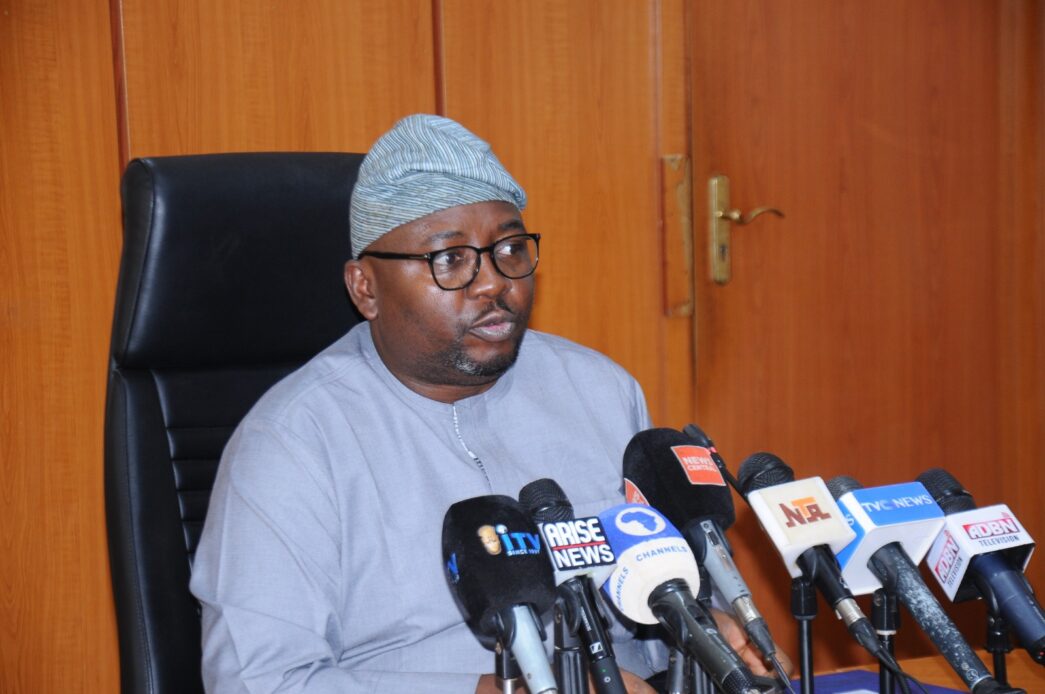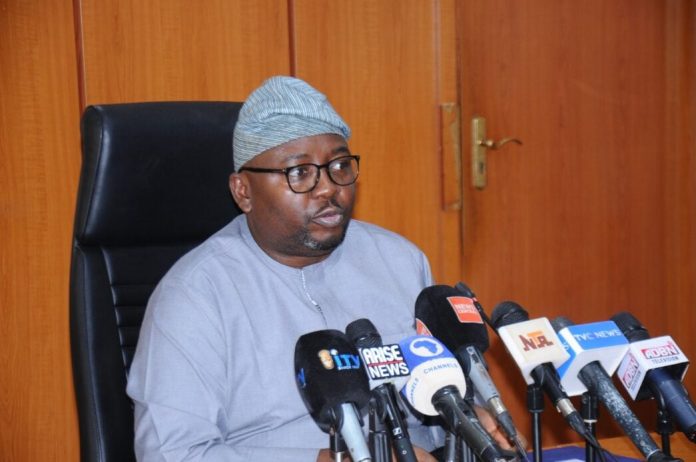
The federal government may resort to borrowing to settle part of the N4 trillion debt owed to power generation companies (GenCos), according to Adebayo Adelabu, minister of power. Adelabu disclosed this during a high-level meeting with
the leadership of the Association of Power Generation Companies (APGC), as stated by his special adviser on strategic communications and media relations, Bolaji Tunji.
The meeting was held against the backdrop of a deepening liquidity crisis in Nigeria’s power sector, which has increasingly left GenCos struggling to sustain operations. Adelabu said the government would prioritise the immediate payment of a substantial portion of the outstanding debt in cash, while the remainder would be addressed through promissory notes and other financial instruments.
“We need to pay a substantial amount of the debt in cash. At the minimum, let us pay a substantial amount, then ask for a debt instrument in promissory notes to pay the rest,” Adelabu said.
He added that the proposed debt resolution strategy would be presented to President Bola Tinubu in a planned meeting with the leadership of the GenCos. The minister expressed optimism that the outstanding balance could be fully cleared within six months.
“We recognise the urgency of this matter. The federal government is committed to resolving this debt to stabilise the sector and prevent further crisis,” he said.
Sani Bello, chairman of Mainstream Energy Solutions and leader of the APGC, warned that the enormous debt burden had crippled the GenCos’ ability to access credit and maintain vital infrastructure, raising the risk of a broader collapse of the power ecosystem.
“Without urgent intervention, the entire power ecosystem could collapse,” Bello warned.
Kola Adesina, chairman of Egbin Power and First Independent Power Limited, described the situation as a “national emergency,” stressing the critical role of power in national development.
“Everything hinges on power — industries, homes, hospitals. We cannot afford to let the sector fail,” Adesina said.
Joy Ogaji, CEO of APGC, highlighted the compounded challenges faced by the power generation companies, including persistent payment defaults, unreliable gas supply, and the volatility of the exchange rate. She noted that the depreciation of the naira from N157/$1 in 2013 to over N1,600/$1 in 2024 had significantly eroded the GenCos’ operational budgets and ability to service loans.
“GenCos have borne unsustainable risks from grid failures to unproductive taxes while remaining patriotic,” Ogaji said.
Adelabu acknowledged the government’s role in the crisis and pledged to implement reforms that would ease operational constraints in the sector. He emphasised the need for a fully liberalised power market and urged Nigerians to accept cost-reflective tariffs as a sustainable path forward.
“Citizens must pay the appropriate price for the energy consumed. The federal government will continue to provide targeted subsidy for economically-disadvantaged Nigerians,” he said.
He further noted that the country’s economy could no longer afford to maintain indefinite subsidies and announced plans for regulatory reforms aimed at reducing levies, improving transparency, and stabilising the power market. Adelabu also called on GenCos to collaborate with the government in public awareness campaigns to encourage energy efficiency and compliance with the new tariff structure.



